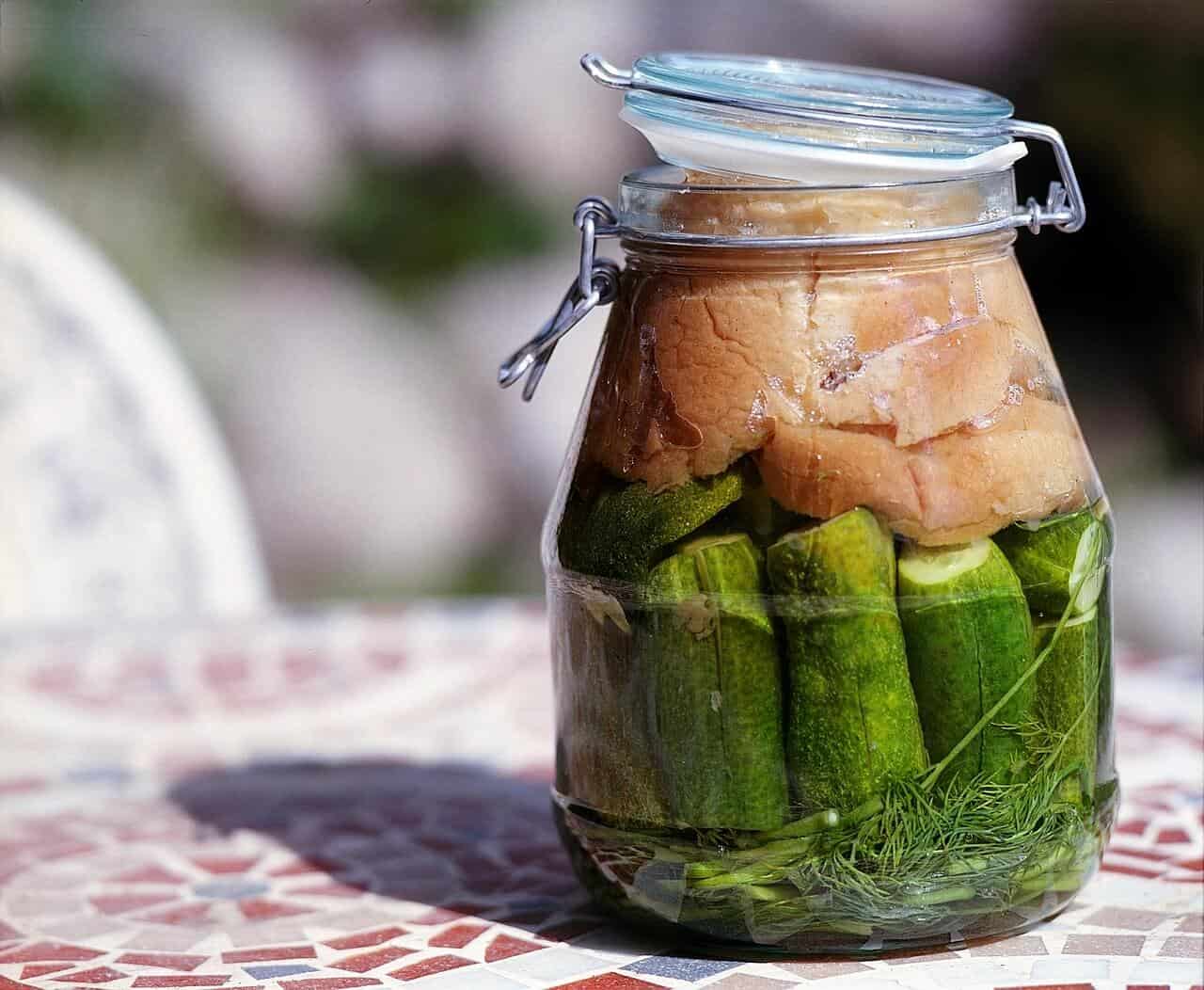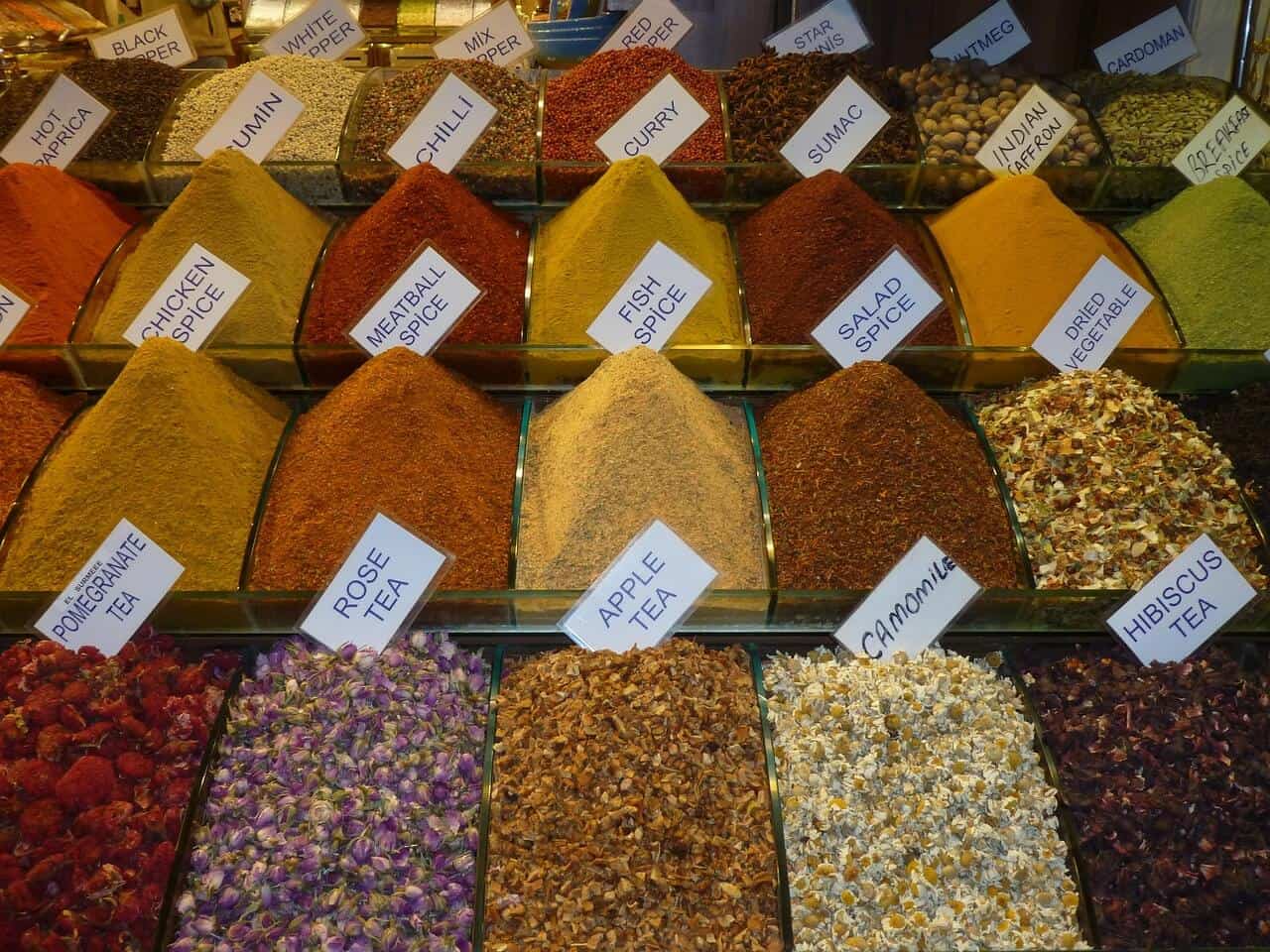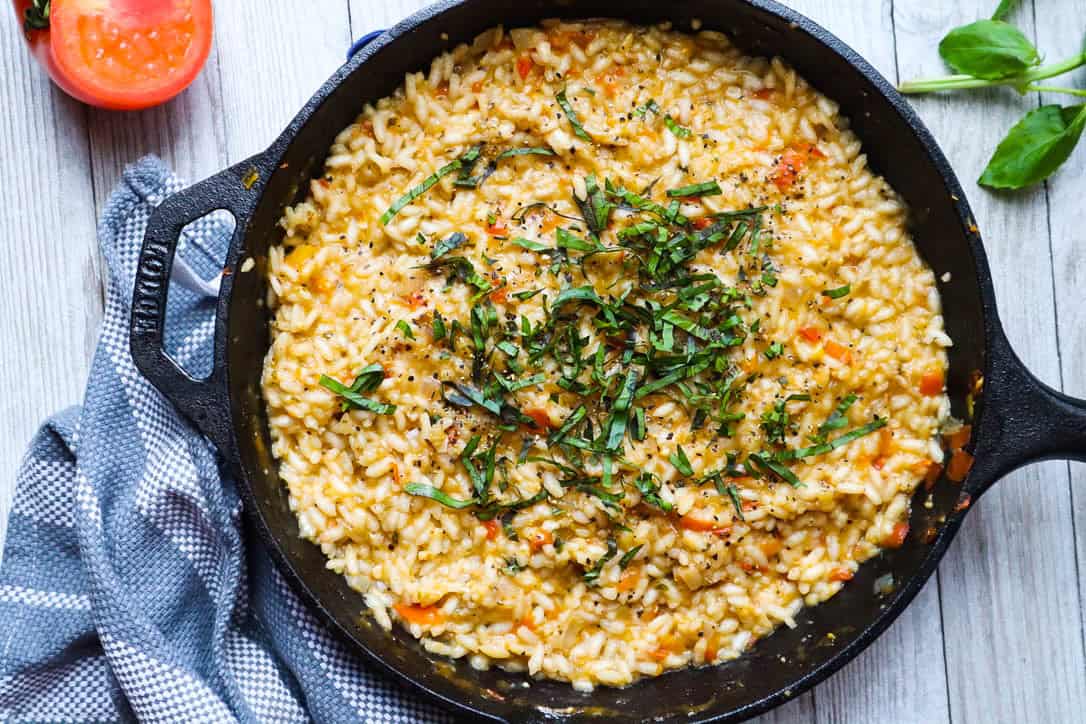Cold and flu season can leave you feeling fatigued, achy, and stuck in bed with a high fever. While medications and rest are important for recovery, what you eat can also play a crucial role in fighting off the infection and reducing fever symptoms. Surprisingly, many people don’t know what foods are best to eat when battling a fever, nor how proper nutrition can speed up recovery.
This article will guide you through must-eat foods that will help you feel better faster, along with tips on how to keep your body nourished while fighting off a cold or flu. We’ll cover everything from hydrating fluids to immune-boosting nutrients, all of which will help you get back on your feet and stay healthy.
What Happens to Your Body During a Fever?
Before diving into specific foods, it’s essential to understand what happens to your body during a fever and how it impacts your nutritional needs. A fever is the body’s natural response to infection. When pathogens such as bacteria or viruses invade, the immune system raises the body’s temperature to create an environment where these invaders cannot thrive.
While a fever is a sign that your body is fighting off illness, it can also cause dehydration, increase nutrient demands, and suppress appetite. Fever symptoms, like sweating and a higher body temperature, can make it challenging to stay hydrated and well-nourished. This is why it’s essential to focus on eating foods that hydrate, support your immune system, and help reduce inflammation.
Must-Eat Foods to Fight Off Fever Fast
When you have a fever, your diet should focus on hydration, immune support, and gentle nourishment. Here’s a list of must-eat foods that will help you fight off fever faster and recover more comfortably.
1. Broths and Soups
Broths and soups are excellent options when you’re dealing with a fever. Not only are they easy to consume, but they are also packed with essential nutrients and help keep you hydrated. Chicken soup, for example, contains fluids, electrolytes, and protein that can strengthen your immune response.
- Chicken Soup: Often referred to as “nature’s penicillin,” chicken soup is known for its ability to alleviate cold and flu symptoms. It provides warmth, helps clear nasal congestion, and is rich in minerals like zinc and selenium, which are vital for immune function.
- Bone Broth: Bone broth is rich in collagen, amino acids, and minerals that support immune health and gut function. Its hydrating properties make it ideal for replenishing lost fluids and soothing the body.
2. Citrus Fruits
Citrus fruits like oranges, grapefruits, lemons, and limes are packed with vitamin C, an essential nutrient that strengthens the immune system and helps reduce the duration and severity of colds and flu. Vitamin C promotes the production of white blood cells, which are key in defending the body against infections.
- Oranges and Grapefruits: These fruits are not only rich in vitamin C but also contain antioxidants that help reduce inflammation and boost immune health.
- Lemon Water: Sipping on warm lemon water provides hydration, which is crucial during a fever, while also delivering a dose of vitamin C and electrolytes to the body.
3. Ginger
Ginger is a powerful anti-inflammatory and antioxidant that can help soothe the body and reduce fever symptoms. It has been used in traditional medicine for centuries to treat nausea, indigestion, and respiratory infections.
- Ginger Tea: Drinking warm ginger tea can reduce nausea, ease throat irritation, and improve digestion. The warmth also promotes relaxation, which is important when your body is under stress from a fever.
- Grated Ginger in Soups or Smoothies: Adding fresh ginger to your meals is a great way to enhance their immune-boosting properties while benefiting from its anti-inflammatory effects.
4. Yogurt and Probiotics
Probiotic-rich foods like yogurt play an essential role in boosting gut health and supporting the immune system. The gut is home to a large percentage of immune cells, and maintaining a healthy balance of gut bacteria can help your body fight off infections more effectively.
- Greek Yogurt: High in protein and probiotics, Greek yogurt is gentle on the stomach and can soothe digestive issues that sometimes accompany fever. Make sure to choose plain, unsweetened yogurt to avoid added sugars, which can suppress immune function.
- Kefir: Kefir is another probiotic-rich beverage that can support immune health while providing hydration and nutrients.
5. Garlic
Garlic has been recognized for its medicinal properties for centuries. It contains a compound called allicin, which has been shown to boost the immune system and help the body fight off infections like the common cold and flu. Its antiviral and antibacterial properties make garlic a must-eat food during illness.
- Raw Garlic: While the flavor may be strong, eating raw garlic is one of the best ways to harness its immune-boosting powers. Consider adding crushed garlic to soups or broths for an extra kick.
- Garlic in Cooking: Cooking garlic can still retain some of its health benefits. Adding it to savory dishes like roasted vegetables or stir-fries can help enhance flavor while boosting immunity.
6. Honey
Honey is not only a natural sweetener but also has powerful antimicrobial and anti-inflammatory properties. It is especially useful for soothing a sore throat, which often accompanies fevers and colds. Honey can also help reduce coughing and improve sleep quality.
- Honey and Lemon Tea: Mixing honey with warm water and lemon creates a soothing drink that can calm throat irritation and provide immune-boosting nutrients.
- Raw Honey: Choose raw, unprocessed honey for the highest nutrient content and immune-boosting benefits. Just a spoonful can help soothe symptoms.
7. Leafy Greens
Leafy green vegetables like spinach, kale, and Swiss chard are packed with essential vitamins and minerals, such as vitamin A, vitamin C, folate, and iron. These nutrients help strengthen the immune system and support the body’s defense mechanisms against illness.
- Spinach and Kale: These greens are high in antioxidants, which can help reduce inflammation in the body and fight off infections. Adding them to smoothies, soups, or salads is an easy way to incorporate more nutrients into your diet.
- Smoothies: Blending leafy greens with citrus fruits or berries creates a nutrient-packed smoothie that’s easy to consume, even when you’re not feeling well.
8. Bananas
Bananas are a go-to food during fever or illness because they are gentle on the stomach, easy to digest, and rich in potassium. Potassium is an essential electrolyte that helps maintain fluid balance and prevent dehydration, which is common during a fever.
- Banana Slices: Whether eaten on their own or added to yogurt or oatmeal, bananas provide a quick energy boost and replenish lost electrolytes.
- Banana Smoothies: Blending bananas with a bit of yogurt or almond milk creates a soothing and hydrating drink that’s easy to consume during a fever.
9. Oats and Whole Grains
Whole grains like oats, quinoa, and brown rice provide the body with essential vitamins and minerals, including B vitamins, zinc, and magnesium. These nutrients are important for immune function and energy production.
- Oatmeal: Oatmeal is a comforting food that’s easy to digest and can be topped with immune-boosting ingredients like honey, berries, or nuts.
- Quinoa or Brown Rice: Whole grains can be served alongside soups or broths to add extra nutrients and make meals more satisfying.
Hydration Is Key
When you’re fighting a fever, staying hydrated is just as important as eating the right foods. Fevers can cause excessive sweating, leading to dehydration. Fluids like water, herbal teas, broths, and coconut water help replenish lost electrolytes and keep the body hydrated.
- Water: Drink plenty of water throughout the day to stay hydrated. If plain water is unappealing, try adding lemon slices or a splash of fruit juice for flavor.
- Herbal Teas: In addition to ginger tea, consider chamomile or peppermint tea, which can help soothe the body and relieve cold symptoms.
- Coconut Water: Coconut water is rich in electrolytes like potassium and magnesium, making it an excellent option for hydration during fever.
Conclusion: Nourish Your Body to Fight Off Fever
Fighting off a fever requires more than just rest and medication—proper nutrition can play a vital role in helping your body recover faster. By focusing on hydrating foods, immune-boosting nutrients, and gentle nourishment, you can give your body the support it needs to overcome illness.
From soups and broths to ginger, garlic, and probiotics, the foods you eat during a fever can significantly impact your recovery. And remember, hydration is crucial, so drink plenty of fluids to replenish what’s lost during a fever.
With these must-eat foods and tips, you’ll be better equipped to navigate cold and flu season and recover faster from fevers, ensuring you feel your best all year long.















